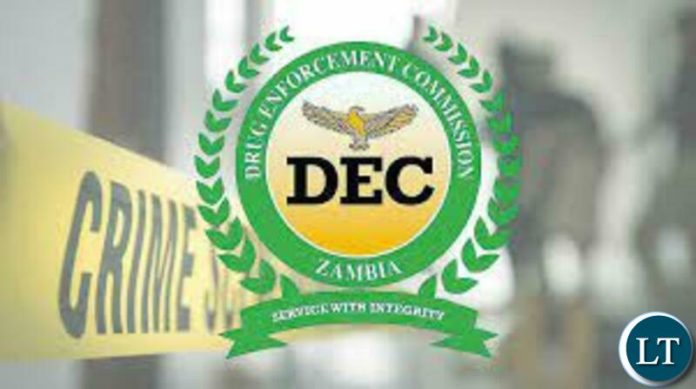By Henry Kyambalesa
Countries worldwide have, by and large, tended to use the names “Drug Enforcement Administration,” “Drug Enforcement Agency” or “Drug Enforcement Commission” for bureaus established to enforce laws, rules and regulations relating or pertaining to drug-related money laundering and the use, sale, importation, and exportation of illicit or proscribed drugs.
Such drugs include cannabis (that is, marijuana), cocaine, Fentanyl, heroin, LSD / lysergic acid diethylamide (or Acid), methamphetamine (or Meth), and opium.
The designation of such bureaus in this manner is misleading mainly because the term “drug enforcement” is synonymous with the following: “drug implementation,” “drug administration,” “drug application,” or “drug execution,” and implies the “implementation,” “administration,” “application,” or “execution” of drugs.
Suggestively, the following names should be considered by each and every country’s legislative branch as more preferable and suitable alternatives, or any semblance thereof, for such bureaus: “Drug Control Agency,” “Drug Control Authority,” “Drug Control Commission,” or “Bureau of Drug Intervention.”
In Zambia, the Drug Enforcement Commission Act of 1989 provided for the creation of what is referred to as the “Drug Enforcement Commission.” Unfortunately, the Commission’s name somewhat implies that it is designed to “abet” rather than “curb” dealings in illicit or proscribed drugs. The Commission was created to fulfill the following purposes:
1. To collect and disseminate information on narcotic drugs and psychotropic substances;
2. To receive and investigate any complaints of alleged or suspected breach of the law, and subject to the directive of the Director of Public Prosecutions, prosecute for offences under the Act;
3. To address and advise government ministries and departments, public bodies, companies, institutions, statutory bodies and corporations on ways and means of preventing prohibited activities relating to narcotic drugs and psychotropic substances, as well as suggest measures, procedures or methods of work compatible with the proper performance of their duties which in the opinion of the Commission would reduce prohibited activities relating to illicit drugs;
4. To disseminate information intended to educate the public on the evils and dangerous effects of abusing drugs or psychotropic substances and the effect of dealing in property acquired from trafficking; and
5. To enlist and foster public support against the abuse of drugs and, in this connection, liaise with similar government agencies and non-governmental organizations outside Zambia.


